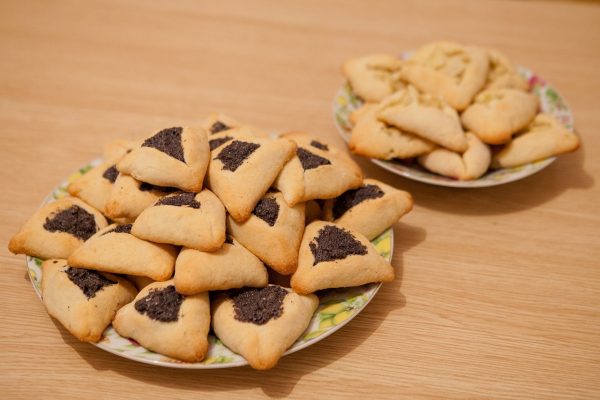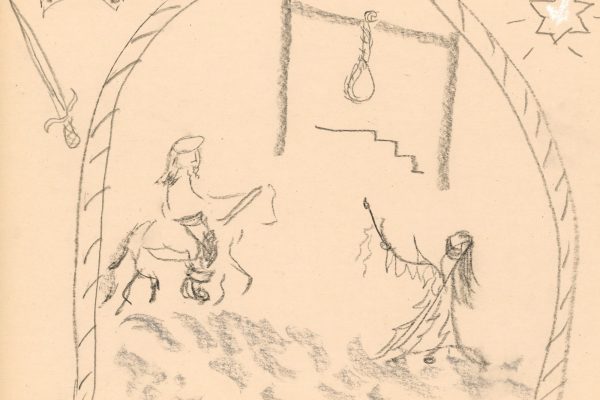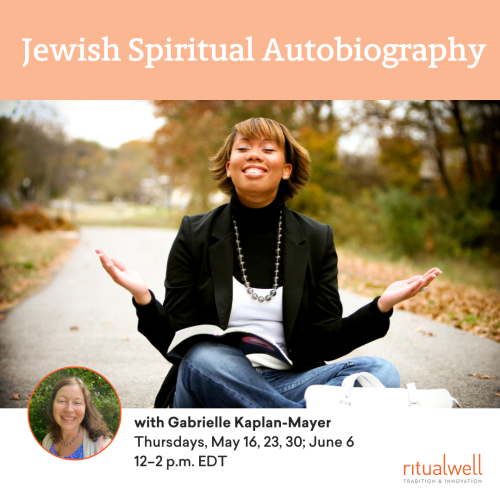The Jews confirmed and accepted – kimu v’kiblu – we accepted, written singular, pronounced plural. Fulfilled and accepted – they fulfilled (on PurimLit. "Lots." A carnival holiday celebrated on the 14th of the Jewish month of Adar, commemorating the Jewish victory over the Persians as told in the Book of Esther. Purim is celebrated by reading the megilla (Book of Esther), exchanging gifts, giving money to the poor, and holding a festive meal. At the megilla reading, merrymakers are dressed in costumes, people drink, and noisemakers (graggers) are sounded whenever the villain Haman's name is mentioned.) that which they had already accepted back then (at SinaiAccording to the Torah, God, in the presence of the Jewish people, gave Moses the Torah on Mount Sinai (Har Sinai).) —Talmud, ShabbatShabbat is the Sabbath day, the Day of Rest, and is observed from Friday night through Saturday night. Is set aside from the rest of the week both in honor of the fact that God rested on the seventh day after creating the world. On Shabbat, many Jews observe prohibitions from various activities designated as work. Shabbat is traditionally observed with festive meals, wine, challah, prayers, the reading and studying of Torah, conjugal relations, family time, and time with friends. 88a












